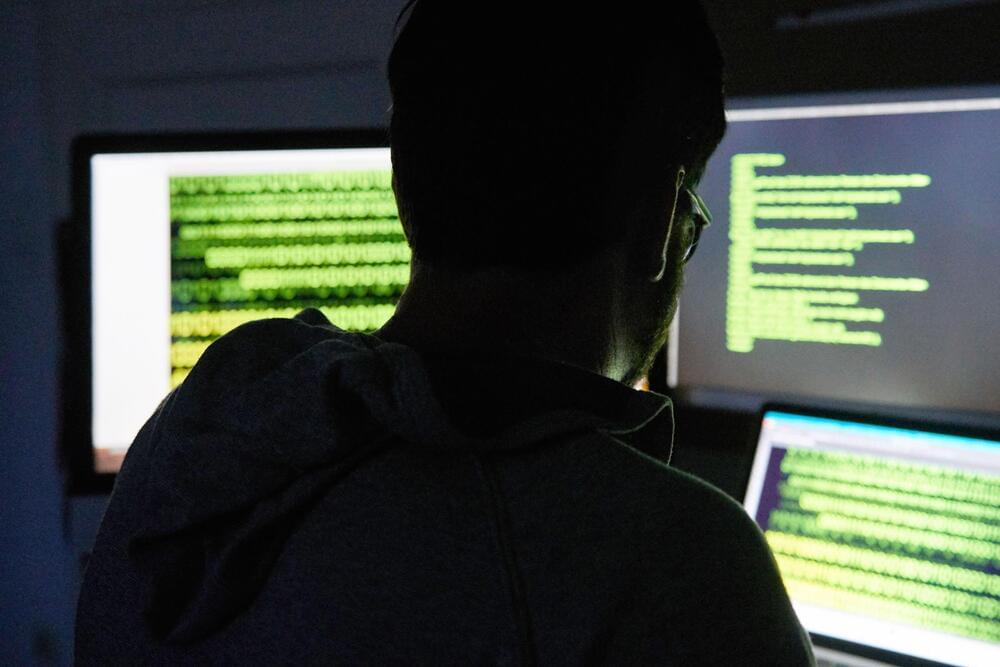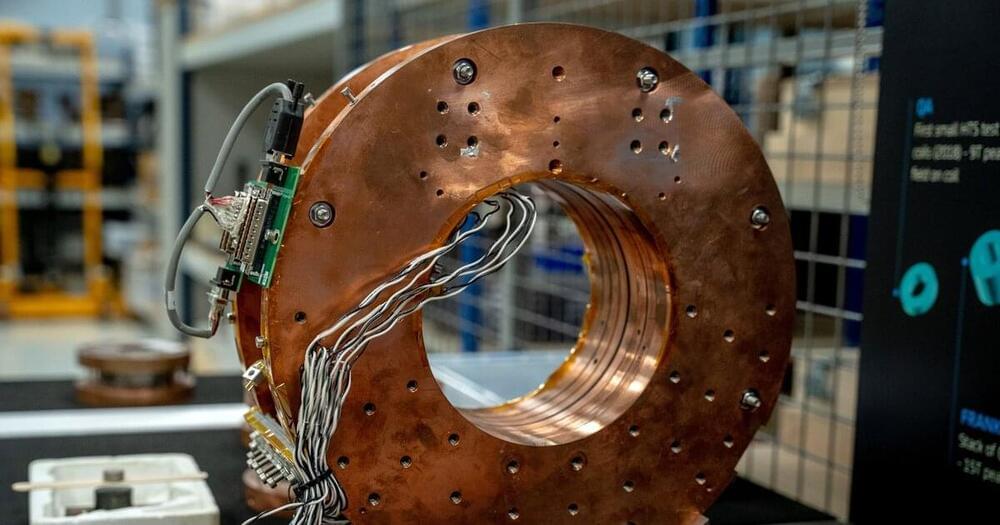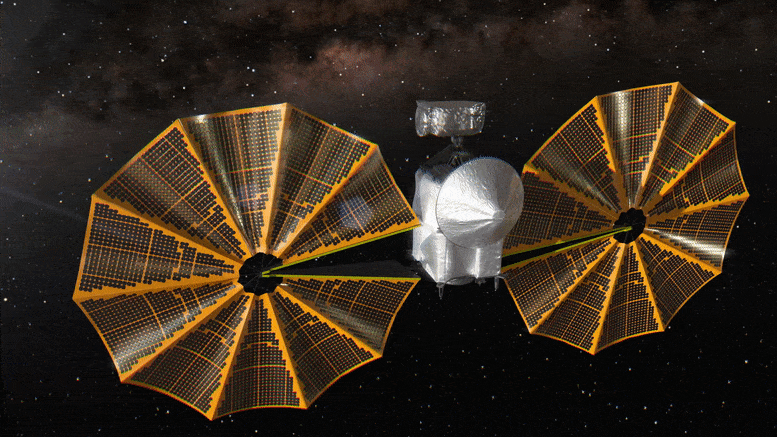AI & computational technology for improving drug discovery & development — mati gill, CEO, AION labs.
Mati Gill is the Chief Executive Officer, of AION Labs (https://aionlabs.com/), a company recently launched and backed by a coalition of pharma and tech leaders, including AstraZeneca, Merck, Pfizer, Teva, Amazon Web Services (AWS), and the Israel Biotech Fund (IBF) and Israel Innovation Authority, to improve the whole drug discovery & drug development process with AI and computational biology.
Mati has an MBA (Healthcare & Innovation) and BS degree in law from Reichman University / IDC Herzliya, and has over a decade of experience in leadership roles in the biopharma industry, including most recently as Head of Government Affairs, Corporate & International Markets, at Teva Pharmaceuticals.
Mati also spent 4 years as Member Of The Board Of Advisors and Directors, at Sanara Ventures, a healthcare investment platform backed by Philips & Teva, providing Pre-seed, Seed and A round financing to young companies.
Prior to teva, mati was chief of staff to israel’s minister of public security.





